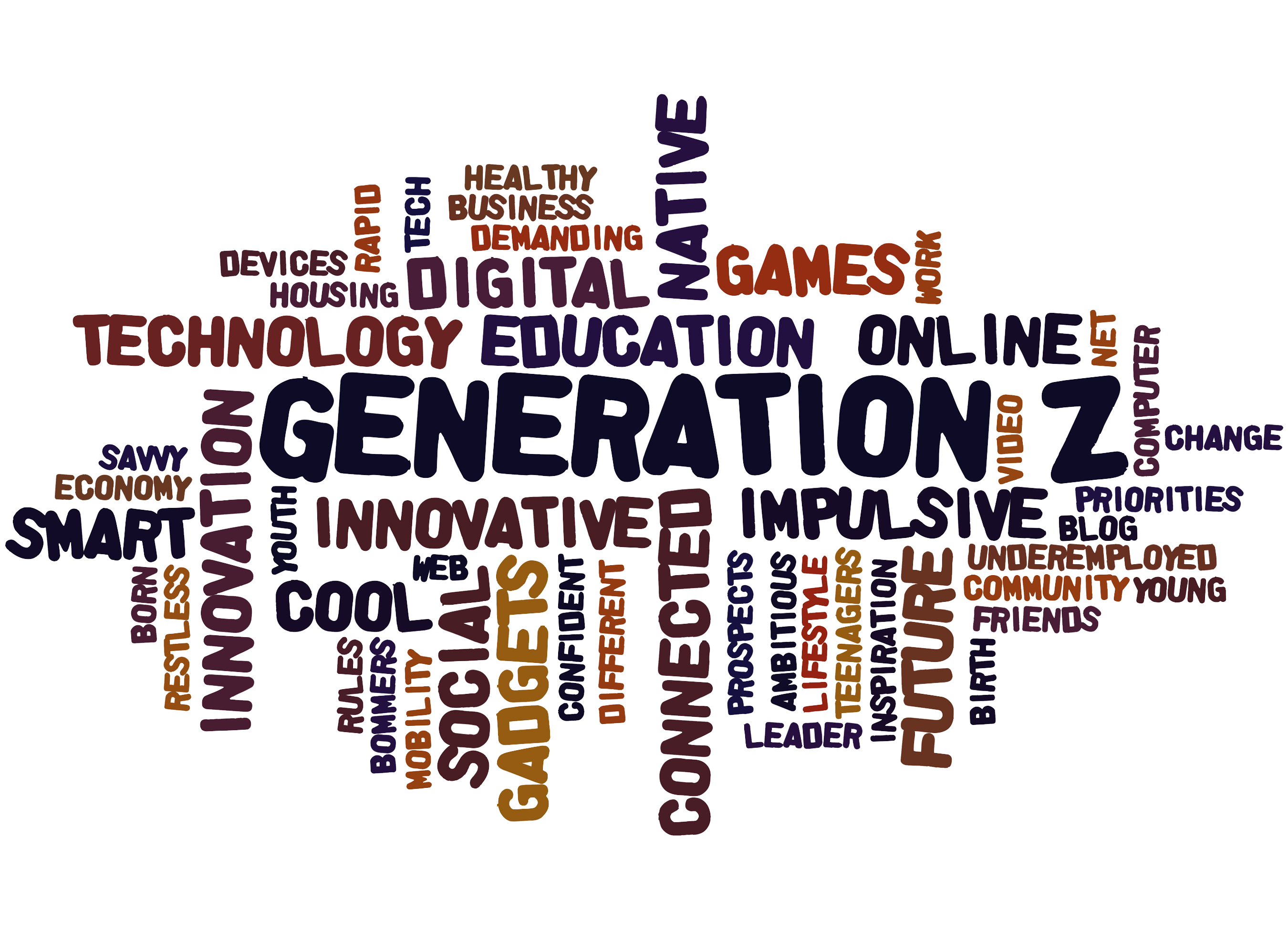This blog entry is part four in Jacobson’s Generational Spotlight Series, which provides a general overview of the generations active in the workforce. While we understand that these overviews may include broad stereotypes that do not apply to all members of that particular generational breakdown, we believe there is value in looking at today’s professionals from a generational perspective in order to gain a better understanding of their viewpoints.
 By the end of this decade, a new generation of employees will be entering the workforce at an influx even greater than Millennials. According to the U.S. Census Bureau, Generation Z currently makes up 25 percent of the population. Like those before them, this emerging generation brings its own set of distinctive behaviors to the labor market; and insurers that create a work environment that aligns with their wants and needs will uncover the next answer to the industry’s growing talent shortage.
By the end of this decade, a new generation of employees will be entering the workforce at an influx even greater than Millennials. According to the U.S. Census Bureau, Generation Z currently makes up 25 percent of the population. Like those before them, this emerging generation brings its own set of distinctive behaviors to the labor market; and insurers that create a work environment that aligns with their wants and needs will uncover the next answer to the industry’s growing talent shortage.
Born between 1995 and 2012, Generation Z has grown up in the information era and is accustomed to having knowledge at their fingertips. They have never known a life without fast communication and unlimited access to media technologies.
Thanks to the independence provided by modern technology, Generation Z is able to work from any location, for any organization, anywhere in the world. As a result, they are putting less importance on where they work and more on their ability to be transient. While this flexibility could be beneficial to employers, there is also concern over potential retention issues.
Generation Z possesses many characteristics that are connected to and shaped by technology. While members of Generation Z are experts at online collaboration, their reliance on technology as a form of communication has contributed to a lack of face-to-face social and conflict resolution skills. Employers may need to add a component to onboarding that focuses on these soft skills for those who require it. An excess of available technology has also given Generation Z the ability to multi-task online, which according to the National Academy of Sciences, could not only effect their performance on specific tasks but also learning and cognitive development. When this “skill” is brought into an office setting, it does not always translate well and can sometimes lead to poor work performance and dysfunctional relationships with co-workers.
 Additionally, Generation Z is more attuned with the “act of parenting” and the security of family than ever before. Currently, this generation has the highest home schooling rates in U.S. history and high rates of one stay-at-home parent. As a result, Generation Z values family, order, structure, work ethic and a sense of predictability in their lives. A sense of comradery and loyalty must be weaved into organizational culture. An emphasis on structure and organization is also important. Providing clear guidelines and hard deadlines will allow Generation Z to flourish.
Additionally, Generation Z is more attuned with the “act of parenting” and the security of family than ever before. Currently, this generation has the highest home schooling rates in U.S. history and high rates of one stay-at-home parent. As a result, Generation Z values family, order, structure, work ethic and a sense of predictability in their lives. A sense of comradery and loyalty must be weaved into organizational culture. An emphasis on structure and organization is also important. Providing clear guidelines and hard deadlines will allow Generation Z to flourish.
Generation Z wants to be educated and coached, thus fostering employer-employee relationships will be key. Organizations should focus on incorporating training, development and immediate feedback into their workplaces in order to better engage and retain this generation. Employers should offer group meeting spaces that support blended communication methods—both face-to-face and online.
Like the Millennials before them, Generation Z is undoubtedly poised to be a solution to the insurance industry’s talent challenge. Provided with the tools and the environment necessary for their success, this generation offers the technological savvy, work ethic and drive necessary to take the industry to the next level.